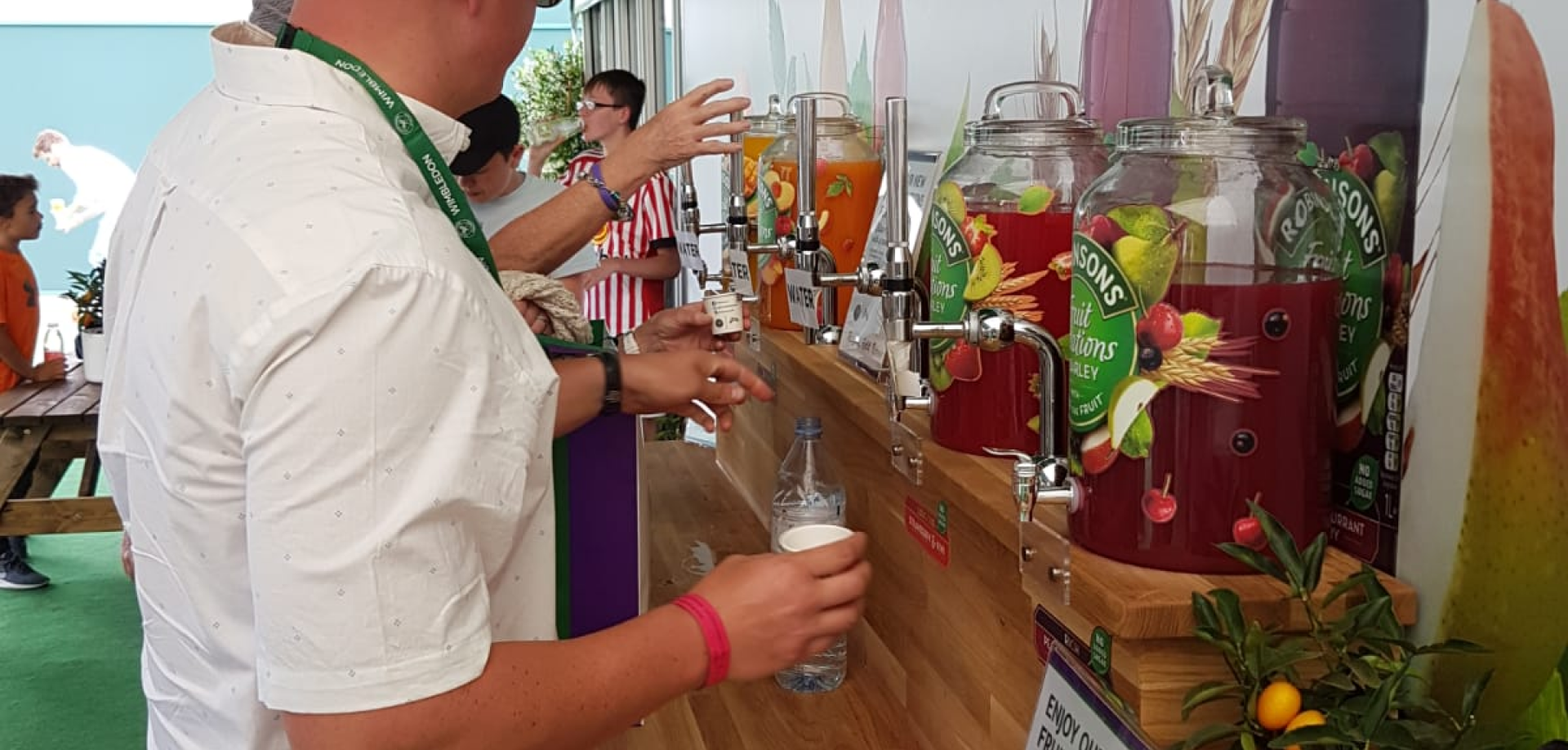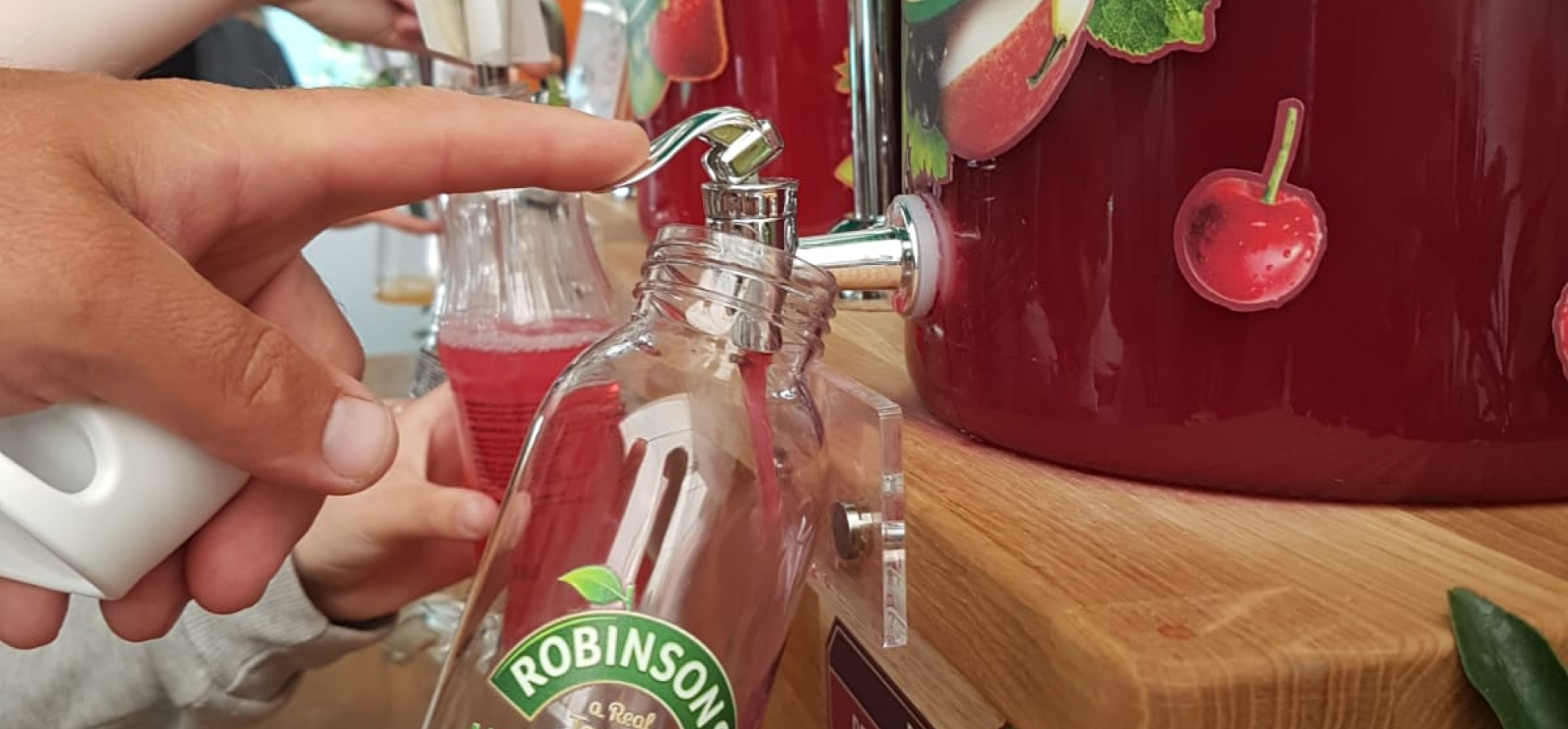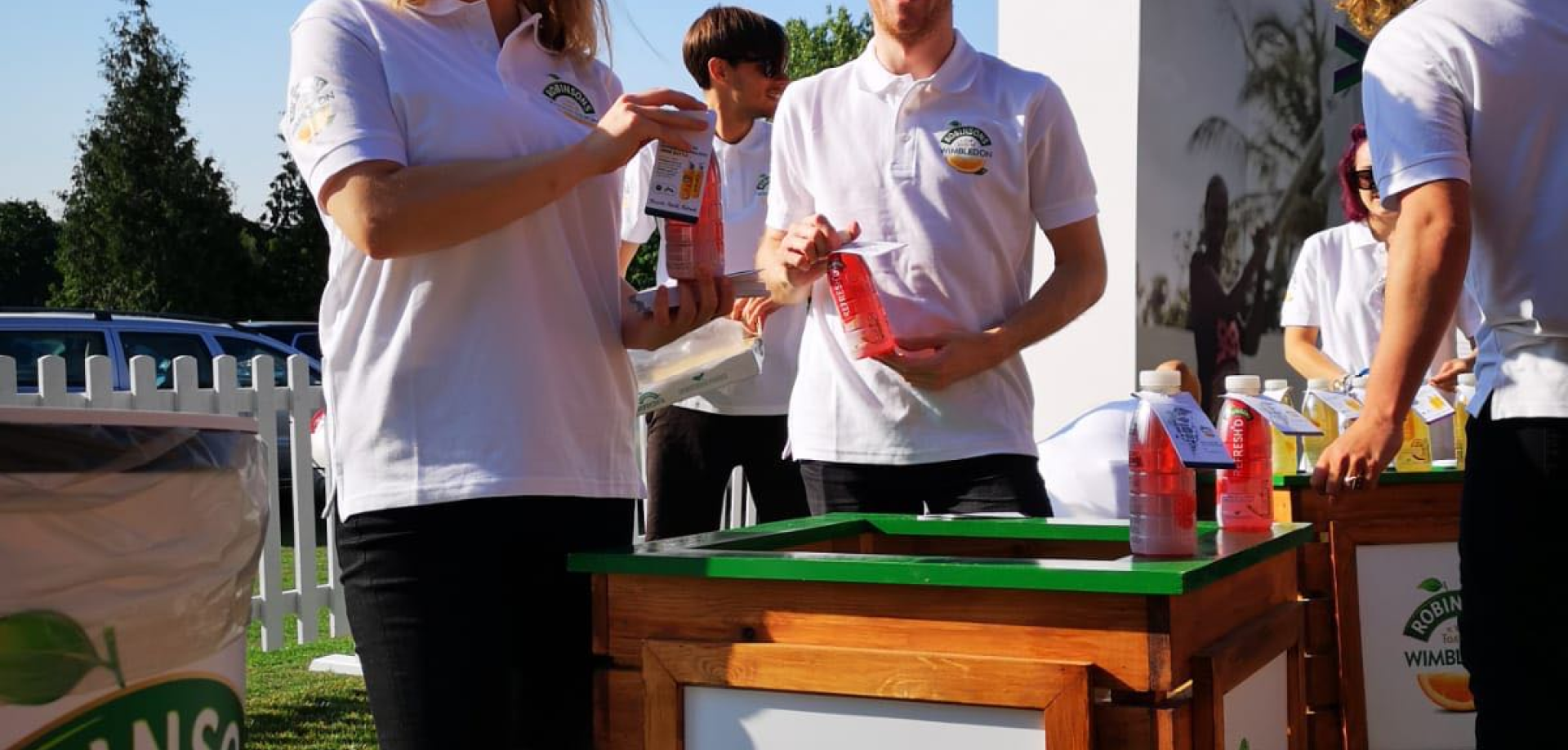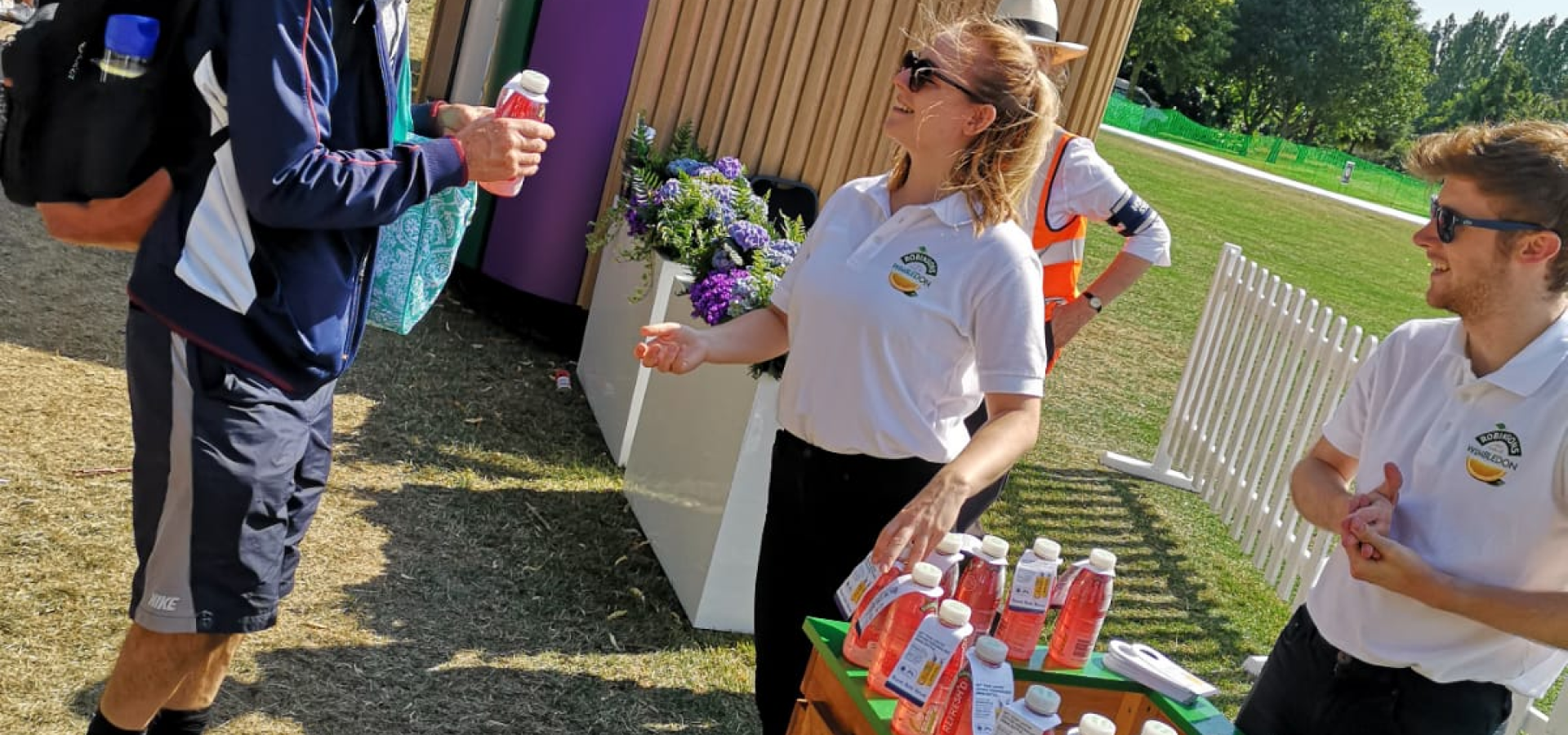Pop up stores have been en vougue for probably half a decade now. In fact, the Centre for Business Economic Research estimates that at any one moment, there are over 10,000 such stores in the UK alone; according to the same research, the industry employs 26,000 people in the UK already and 75% of us will visit at least one this year.
It’s clear then that pop ups are firmly part of the brand toolkit already.
Yet despite this, within most major high street brands you’ll find a distinct lack of clarity among senior leaders about who ‘owns’ the pop up. Is it a marketing tactic? A retail ops one? Is there a property team involved?
Behind this crisis of ownership lies a simple question: Why launch a pop up store?
It’s a simple question; but one which seems to have been empirically unanswered. In fact, I’d argue that some of the most well-publicised and prevalent pop ups in the UK in recent years have had the least clear sense of purpose.
The beauty of the channel is that pop ups can be so versatile and multi-faceted, that there are lots of different (and valid) reasons for launching one. There’s also a pretty good chance that a pop up activation will deliver more than just one objective – also great. But its critical to be clear and up front about what those aims are; they drive the marketing, operations and ultimately, the success of the pop up itself.




